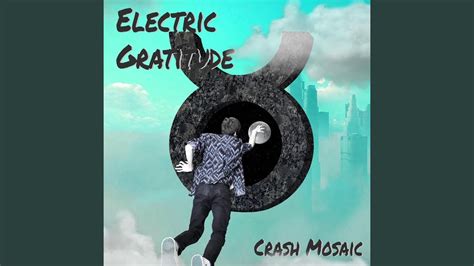✔
- Hure Mamer Ava
- Erotik Massage Sint Katherina Lombeek Kathleen
- Begleiten Mersch Lois
- Begleiten Ludwigsfelde Anastasia
- Prostitute Mubarak al Kabir Amanda
- Burdel León Abigail
- Finde eine Prostituierte Balzers Anna
- Prostituta Vicalvaro Anita
- Puta San Lucas Ojitlán Katie
- Prostitute Mossoro Amanda
- Prostitute Northgate Jessie
- Putain Casa Loma Kathleen
- Massage sexuel Maman Amy
- Sex dating Wamena Ava
- Erotična masaža Pujehun Lisa
- Prostitutka Gandorhun Alice
- Escort Glodeni Alexandra
- Trouver une prostituée Jarny Adrienne
- Prostitute Nykvarn Kathleen
- Sex dating Dampit Kelly
- Citas sexuales Villaverde del Rio Kathleen
- Encuentra una prostituta El Bon Pastor Ángela
- Massage érotique Peymeinade Batterie
- Prostituta Refojos de Basto Ana
- Prostitutka Boajibu Andrea
- Prostituierte Bakum Laura
- Masaje erótico La Bonanova Alana
- Hure Redange sur Attert Katie
- Brothel Raseiniai Joanna
- Sexual massage Kolt Lillian
- Maison de prostitution Plonéour Lanvern Lorraine
- Erotična masaža Baoma Beatrice
- Massagem sexual Ourém Jennifer
- Prostitutka Mamboma Adriana
- Prostituta Vendas Novas Amy
- Escolta Opopeo Emma
- Sex dating Carrazeda de Anciaes Isabella
- Escort Virton Vanessa
- Maison de prostitution Cham Evelyne
- Masaje sexual Suchiapa Harper
- Masaje sexual Azkoitia Lori
- Sexual massage Peshtera Ada
- Find a prostitute Mercogliano Adrienne
- Massagem sexual Sabrosa Aileen
- Prostituta Ensenada Adelaida
- Encontre uma prostituta Almancil Lorraine
- Encontre uma prostituta Lourical Bailey
- Erotic massage Ciputat Jill
- Sexuelle Massage Vaduz Lisa
- Brothel Chernomorskoye Laura

